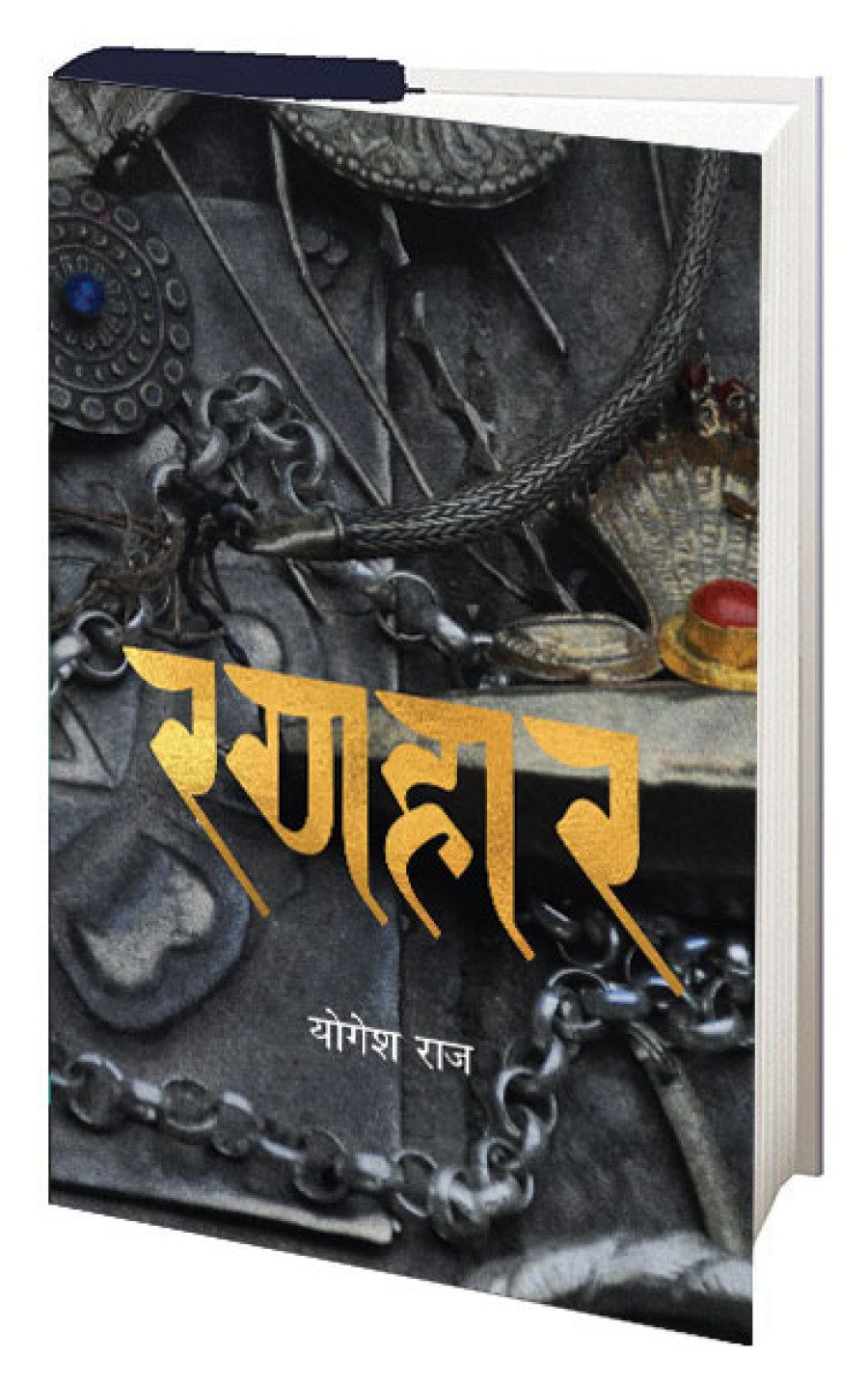Entertainment
Historical novel about the life and times of Ranajit Malla releases
Historical novel Ranahar, which is based on the life of the last Malla king, Ranajit Malla, was released amid a function held at Bhrikutimandap, Kathmandu. Written by scholar Yogesh Raj, the book was released as part of the ongoing Nepal International Book Fair.
Historical novel Ranahar, which is based on the life of the last Malla king, Ranajit Malla, was released amid a function held at Bhrikutimandap, Kathmandu. Written by scholar Yogesh Raj, the book was released as part of the ongoing Nepal International Book Fair.
Ranahar (which translates to ‘Defeat’ in English) revolves around the historical events that took place during Malla’s life.
The regime of Bhaktapur, which Ranajit Malla led for over half a century, is considered the most influential kingdom within the Valley during the period. Failing to foresee the impending danger from the Gorkhali King Prithvi Narayan Shah, the last Malla kingdom fell to the Shah king in 1769 AD.
The eighteenth century was a momentous time, for it saw the conquest and establishment of various regimes all along the Indian subcontinent. Just as the East India Company expanded its reach, the small and numerous Kingdoms of the Himalayan foothills were also actively engaged in expanding their territories.
Ranahar is a fictional rendition of that period.
The book also elaborates on the events leading to the defeat and the ultimate surrender of the Mallas to the Gorkhas. The Kingdoms within the Valley were ruled by three Kings related to each other. They spoke the same language and competed among themselves in building temples and monuments. Despite the internal conflicts and power struggles, they would gather during times of joy and sorrow, celebration and mourning.
By the time Ranajit Malla became aware of the danger from the Gorkhali King, it was already too late. Defeat was inevitable, and he could do nothing to protect his dynasty. However, he had some time before the final conquest took place. What did he do during this period? Ranahar offers an answer, albeit fictional.




 9.83°C Kathmandu
9.83°C Kathmandu









